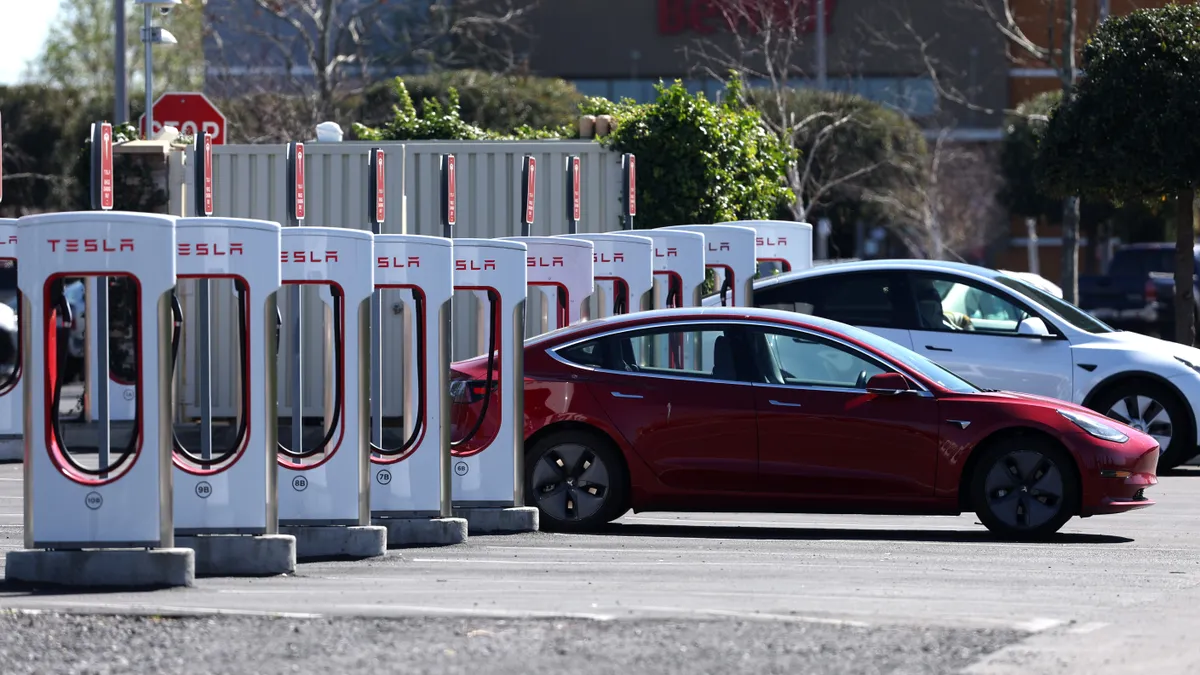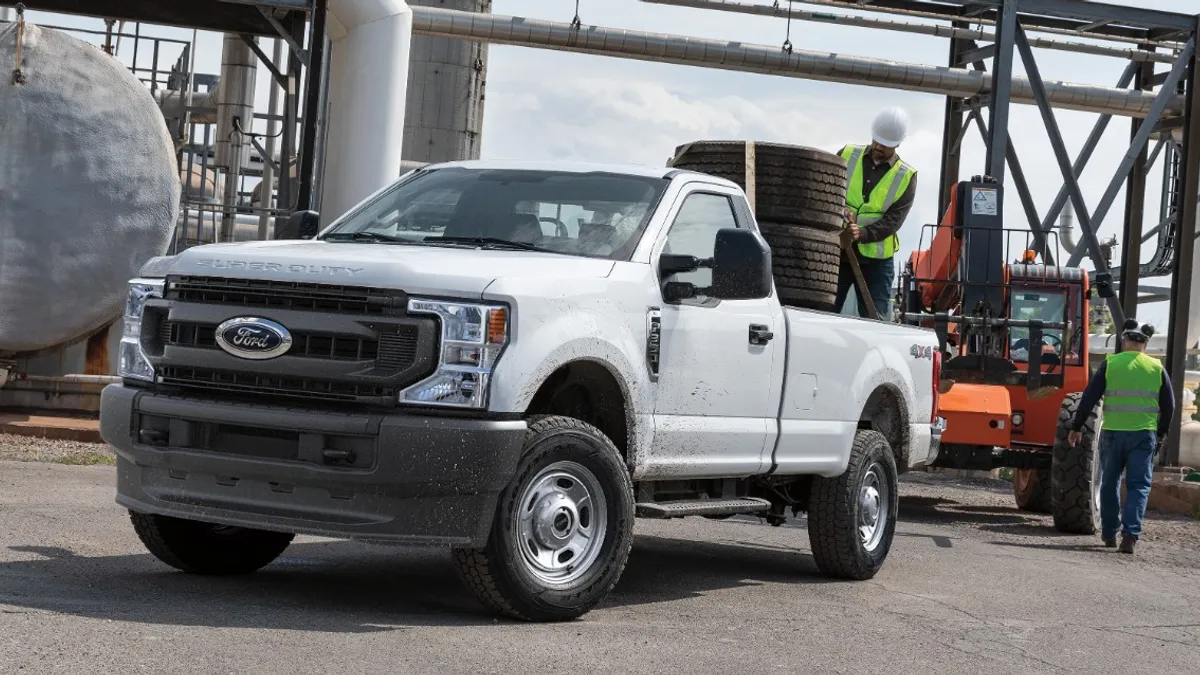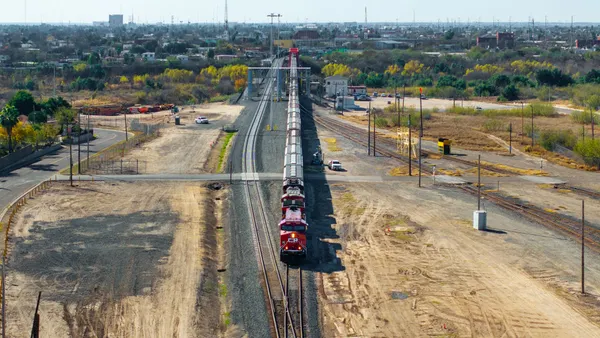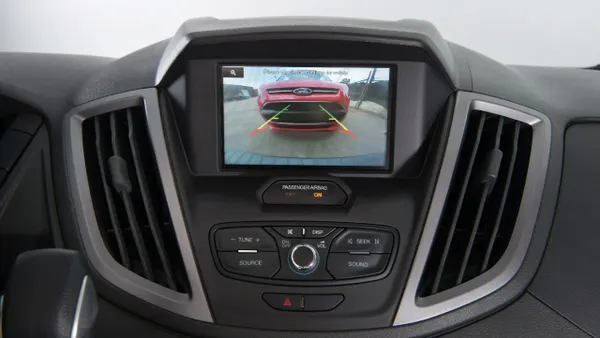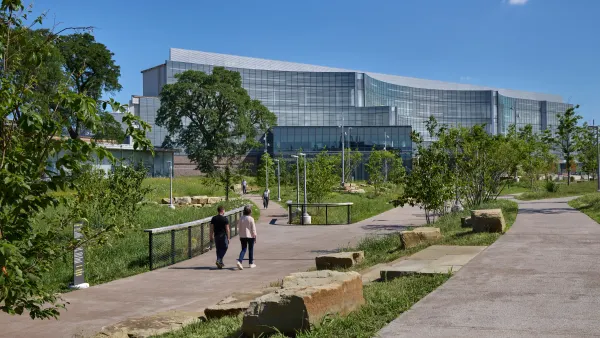Dive Brief:
- Three Tesla owners in California filed a proposed class-action lawsuit against the automaker Wednesday, alleging the company falsely advertised its electric vehicles’ driving ranges.
- The complaint, filed with the U.S. District Court for the Northern District of California, claims Tesla breached vehicle warranties, committed fraud and engaged in unfair competition.
- If the court approves the class-action suit, other people in California who purchased new Model 3, Model S, Model Y or Model X vehicles could join it, potentially exposing the automaker to significant legal risk.
Dive Insight:
The lawsuit was filed less than a week after Reuters reported Tesla falsified range estimates to show drivers longer distances than the vehicle could actually travel before its battery ran out of juice.
Plaintiff James Porter, a Petaluma, California, resident, claims in the proposed class-action suit that his 2022 Model Y Performance, with an advertised range of 303 miles, lost about 182 miles of range after completing a 92-mile trip. The vehicle had about 40% of its range remaining, even though he had charged it to 100% before the trip, according to the lawsuit.
“Shortly thereafter, Plaintiff Porter called Tesla to voice concerns over his vehicle’s range, and Tesla made an appointment to review his vehicle. However, before he could bring his vehicle to the scheduled service appointment, a Tesla representative reached out to Plaintiff Porter and canceled the appointment,” the lawsuit says.
Two other Tesla owners in California, Bryan Perez and Dro Esraeili Estepanian, also filed suit against the automaker, alleging their vehicles produced similarly inaccurate range estimates.
Reuters reported last week that Tesla owners who complained about inaccurate range estimates had their service appointments canceled, with Tesla service advisors offering tips for extending range, such as suggesting that customers change their driving habits.
According to the lawsuit, Tesla representatives said the advertised ranges did not account for several common factors that affect driving range, including temperature, headwinds and traffic.
Internally, Tesla’s employees celebrated the service appointment cancellations, which numbered up to hundreds per week. Managers told employees that each canceled service appointment saved the automaker $1,000. The tactic also freed up Tesla’s service department to handle other repairs.
The accusations against Tesla are the latest in a series of instances where the automaker has overstated the capabilities of its EV and battery technology, including its self-driving software.
The lawsuit seeks unspecified damages.
Tesla did not respond to a request for comment.



